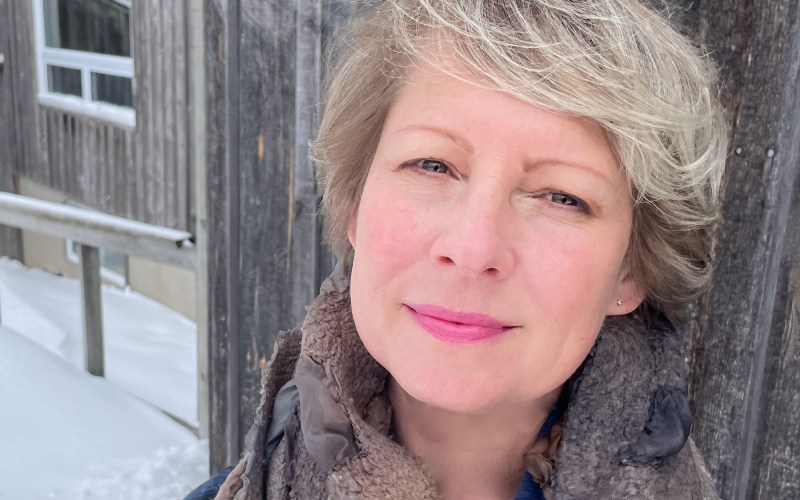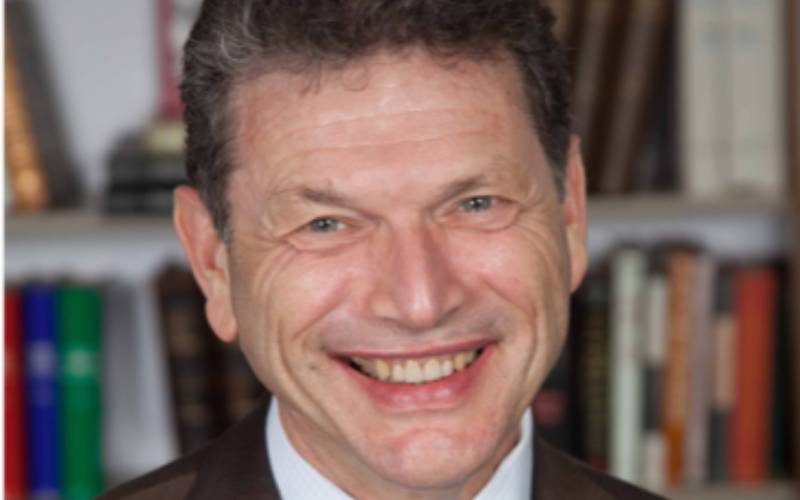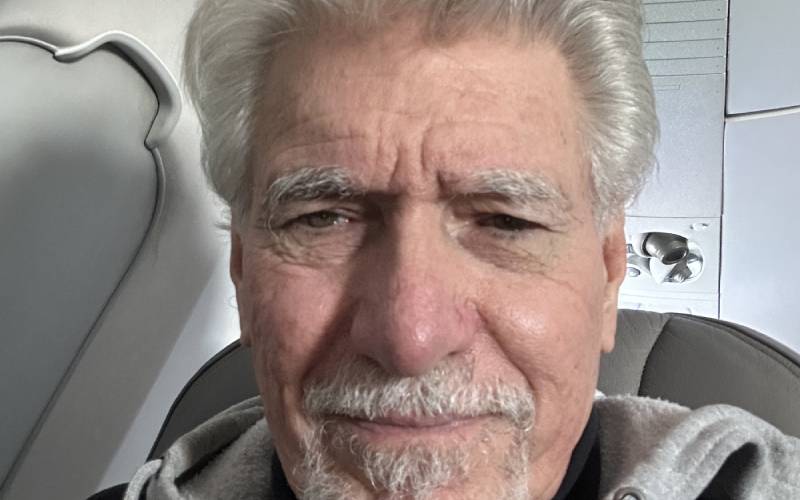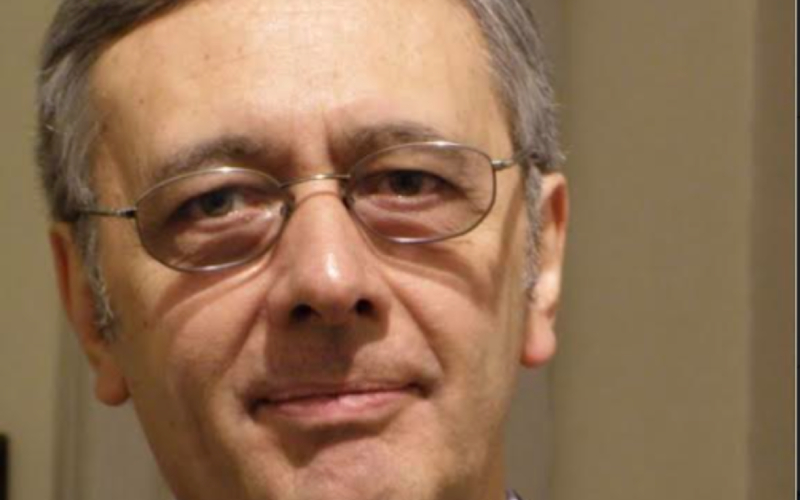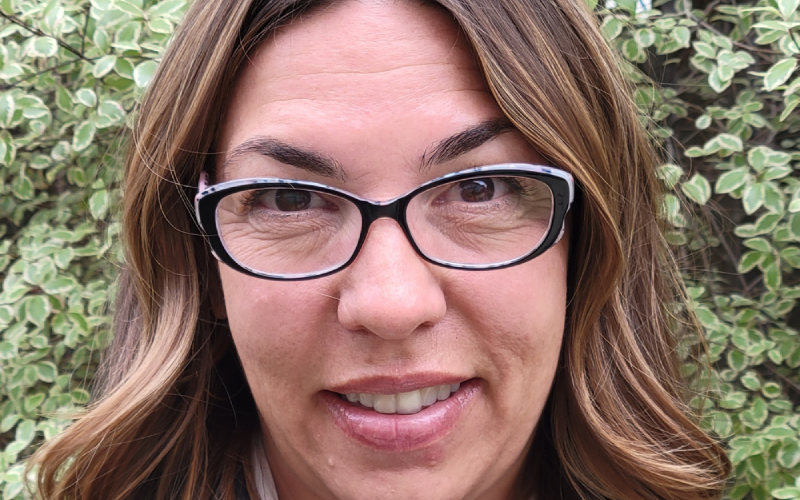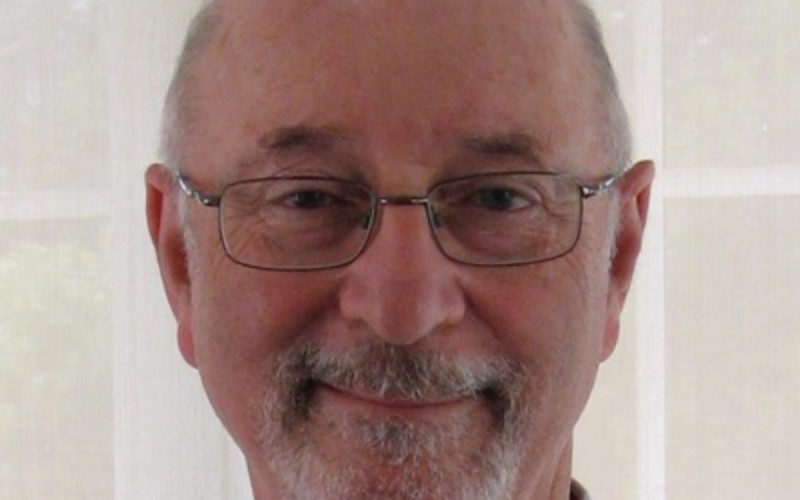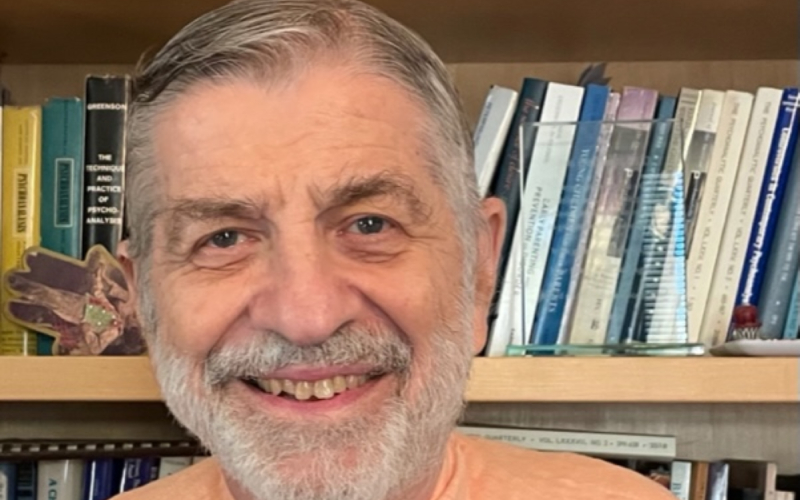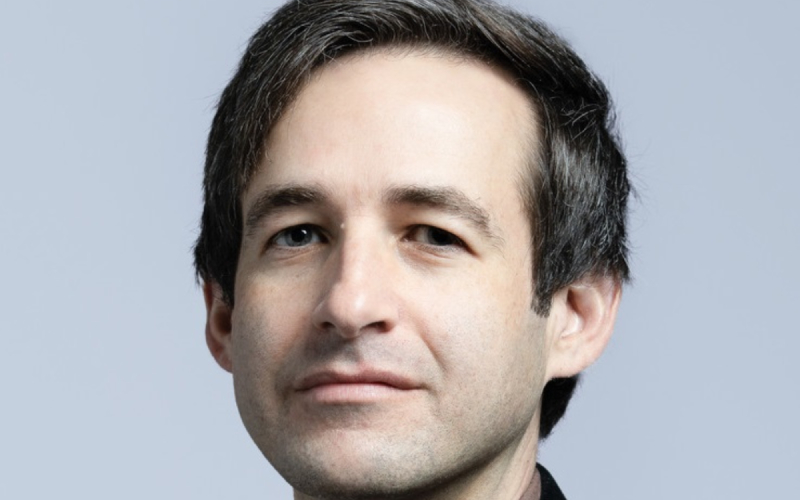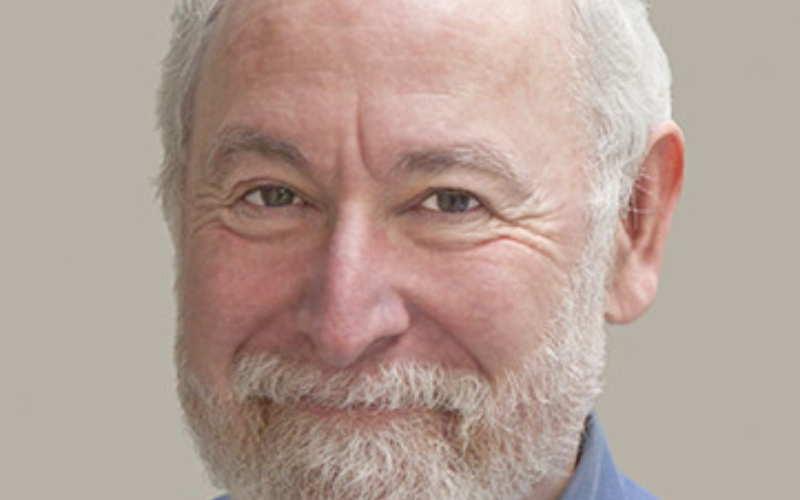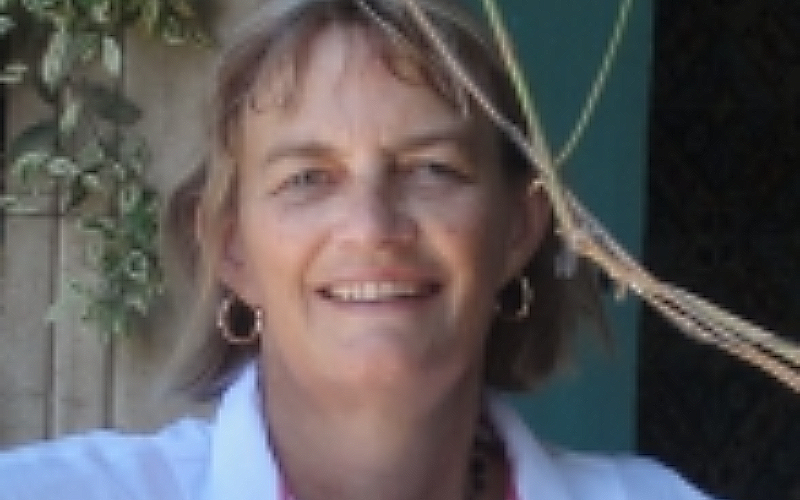Episode 143: From Filmmaking to Psychoanalysis with Karen Dougherty, FIPA (Toronto)
“I made a film for PepWeb on the research of Beatrice Beebe. I made the video for her picture book, The Mother-Infant Interaction Picture Book, and various other short films. These are deep dives into mother-infant dyads that reveal something, i.e. rupture and repair, various kinds of dyadic interchanges. These are available for free on…
Read MorePodcast: Play in new window | Download

